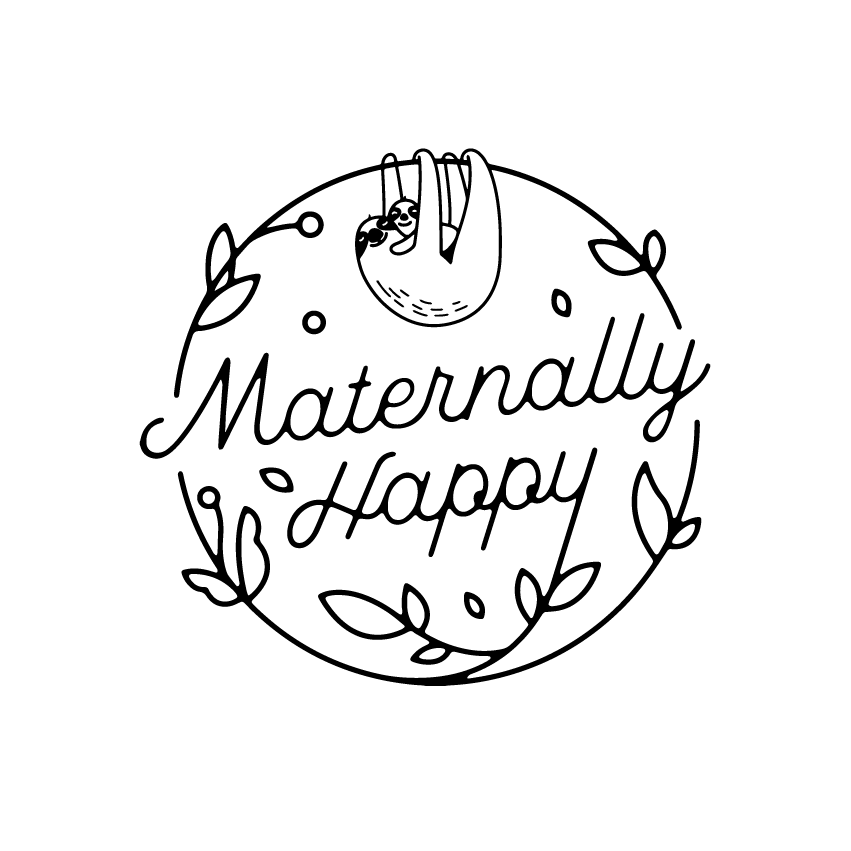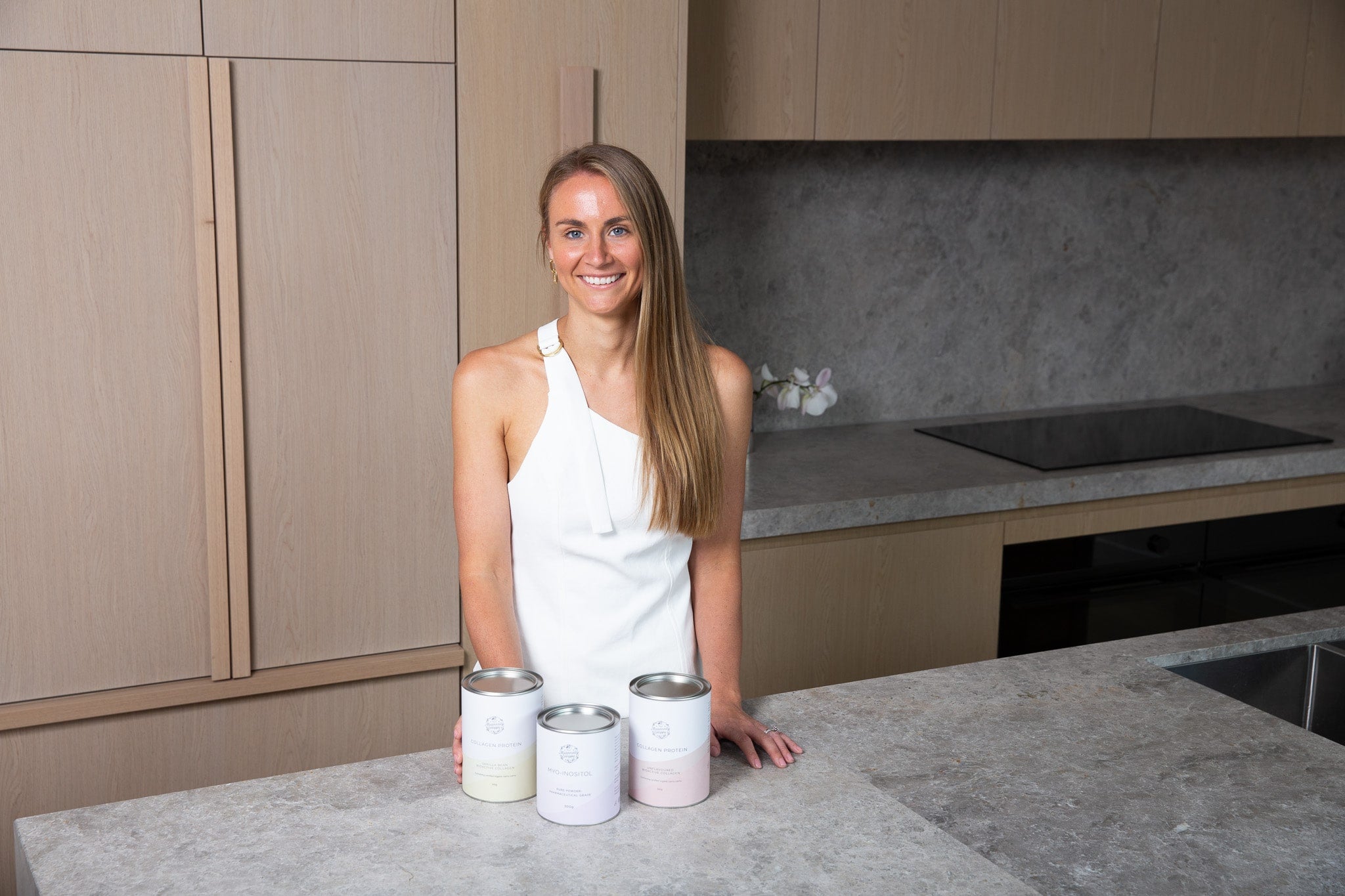



Article: Probiotics & Group B Strep (GBS) in Pregnancy

Group B Streptococcus (GBS) is a common bacterium found in the gastrointestinal tract, urinary tract, and reproductive system. This bacteria is transient, meaning it can come and go from our bodies without causing issues.
However, in pregnancy, GBS can be more serious. Around 1 in 4 women carry GBS, and during pregnancy it can cause infections in the urinary tract, placenta, uterus, and amniotic fluid. Even without symptoms, GBS can be passed to your baby during labour and delivery, which is why awareness and testing are so important.
In Australia, pregnant women are routinely screened for Group B Strep between 35-37 weeks gestation.
If your result is negative, no treatment is needed. If positive, you’ll likely be given intravenous antibiotics during labour to reduce the risk of passing GBS to your baby. Penicillin is the most common choice.
Premature babies are more vulnerable to GBS infection than full-term babies because their immune systems are less developed. Risks include:
While antibiotics remain the standard treatment for GBS-positive women in labour, they can also disrupt the mother’s microbiome, affect breast milk’s probiotic content, and impact a newborn’s gut health.
Research is emerging on the role of probiotics in pregnancy to reduce GBS colonisation:
A large clinical trial is currently underway to further understand the benefits of probiotics for GBS in pregnancy-early results are promising.
Key Takeaway: If you test positive for Group B Strep in pregnancy, follow your care provider’s guidance on antibiotics. If you want to support your microbiome, discuss probiotic supplementation - especially strains like L. rhamnosus and L. reuteri, with your healthcare professional.
About the Author
Caitlin Gilmore: Nurse, Midwife & Nutrition Consultant

Caitlin is the founder of Maternally Happy, an Australian wellness brand specialising in bioavailable supplements, prenatal vitamins, and evidence-based resources designed to support women from preconception through postpartum.
With qualifications as a Nurse, Midwife, and Nutrition Consultant, Caitlin combines over a decade of clinical experience with nutritional expertise to deliver trustworthy, research-backed advice. Her writing focuses on fertility, pregnancy, postpartum recovery, and hormonal health - helping women cut through the confusion with practical, evidence-based information.
When she’s not formulating practitioner grade supplements or supporting her community, you’ll find her enjoying a chai latte, hiking in nature, or spending time with her family, friends, and two border collies.